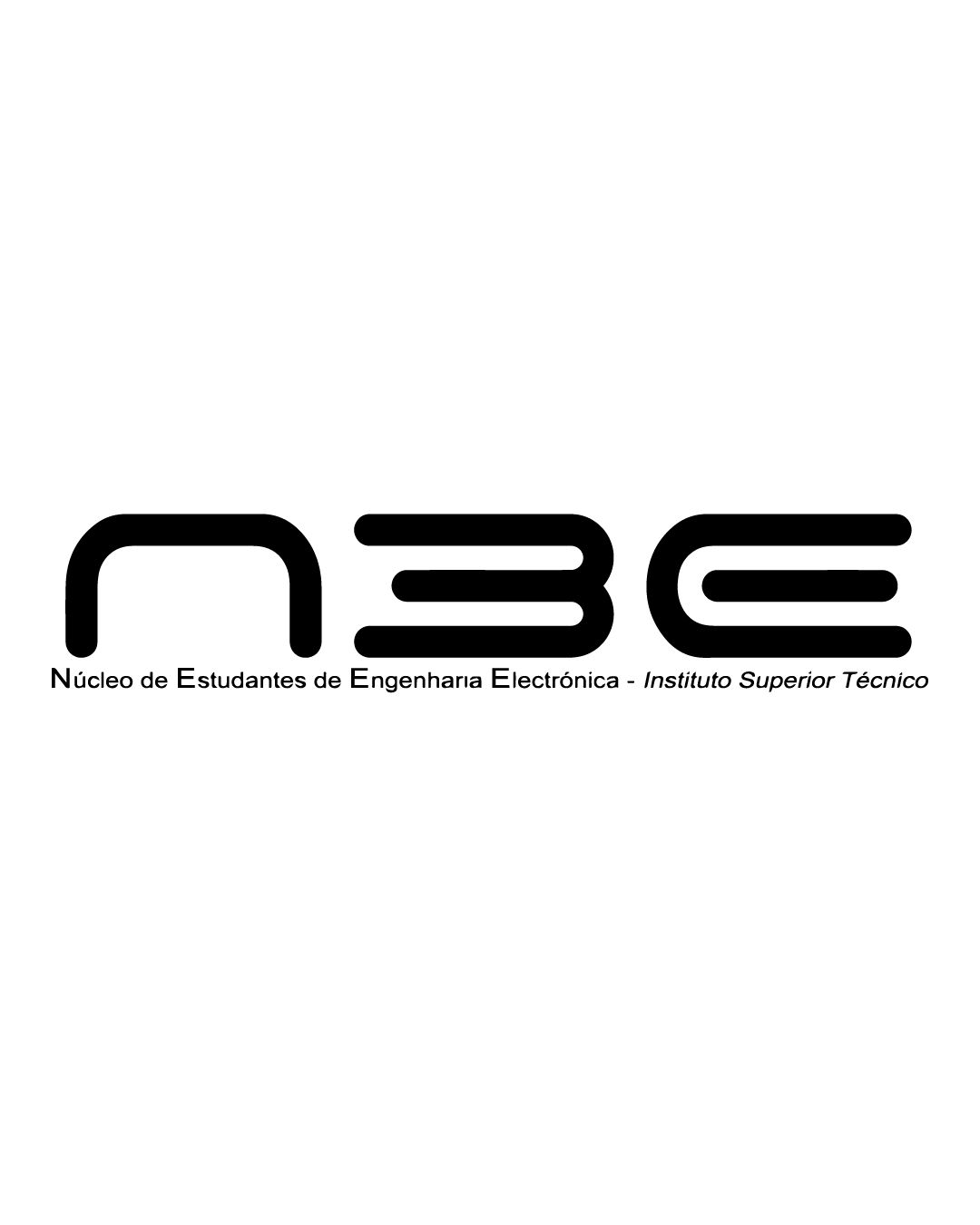
Programme Overview
Electronic Engineering focuses on the study of the electronic component of the different devices that are part of our everyday life, that is, their circuits and small electrical components. The role of electronic engineers is to design, develop, produce and apply electronic modules for different areas such as telecommunications, robotics or even medicine, acting in interdisciplinary teams at different stages of the development of a product.
Programme Structure
The 1st cycle in Electronics Engineering has a duration of 6 semesters (3 years), equivalent to 180 ECTS. The structure is depicted bellow.
-
1st year (ECTS)
-
36
-
24
-
-
2nd year (ECTS)
-
24
-
33
-
3
-
-
3rd year (ECTS)
-
48
-
6
-
6
-
The curricula of the 1st and 2nd cycles were reformed in the 2021/2022 academic year, following Decree-Law 65/2018 and the implementation of a new teaching model (previous programme structure).
-
Basic Sciences (60 ECTS)
The basic sciences courses of this undergraduate programme ensure the fundamental training in:
- Mathematics
- Physics
- Chemistry
- Programming
-
Core Structure (105 ECTS)
The core training aims to complement the basic sciences by deepening knowledge in:
- Specific Fields (examples: electronic circuits, electronic devices, microelectronics, nanoelectronics, electromagnetic waves, computer architecture, among others)
- Engineering Sciences (examples: control, algorithms and data, digital systems, design and geometric modelling, computer systems, instrumentation, among others)
-
Humanities, Arts and Social Sciences (9 ECTS)
The humanist curricular component plays an important role in harnessing architects’ curiosity about the world they live in as well as understanding it, empowering them to actively respond to its challenges, using scientific and technological knowledge, in a more appropriate and contextualised way.
Students can choose subjects, offered in several faculties of ULisboa, from areas such as Management, Economics, Literature, Psychology, Visual Arts or Sport, among others.
-
Integrative Project (6 ECTS)
In order to improve the knowledge acquired during the undergraduate degree, students are challenged to work on a topic related to Electronics Engineering that may be based on a real challenge, whose solution will be developed in teams.
Entry Requirements
National Admission to Higher education
- National Admission Exams1: Mathematics A + Physics and Chemistry
- Application Grade2: MS x 50% + PI x 50%
1 Minimum grade point: 100 points (out of 200)
2 Minimum grade point: 120 points (out of 200)
MS: high school final arithmetic average grade | PI: Average of national admission exams’ grades.
National Admission to Higher Education
Admissions can also be done through one of the following ways:
- Course Change and Transfer
- Holders of Middle Level/Higher Education degrees
- Applicants over the age of 23
- Special Admission Regime for International Students
More information about admissions to Técnico (national and international candidates) is available at:
Students' Organisations

Técnico students autonomously and proactively stimulate projects that complement their academic background. For example, Students’ Organisations provide them with skills and added value, making them more competitive in the labour market.
The Electronics Engineering Students’ Organisation (N3E) is the main structure of Electronics Engineering students, which promotes activities such as:
- Prototype development projects
- National and international competitions
- Workshops
- Repository of study materials
- Summer internships in the Técnico Summer Internships initiative
- Collaboration in the Taguspark Business and Technology Week

